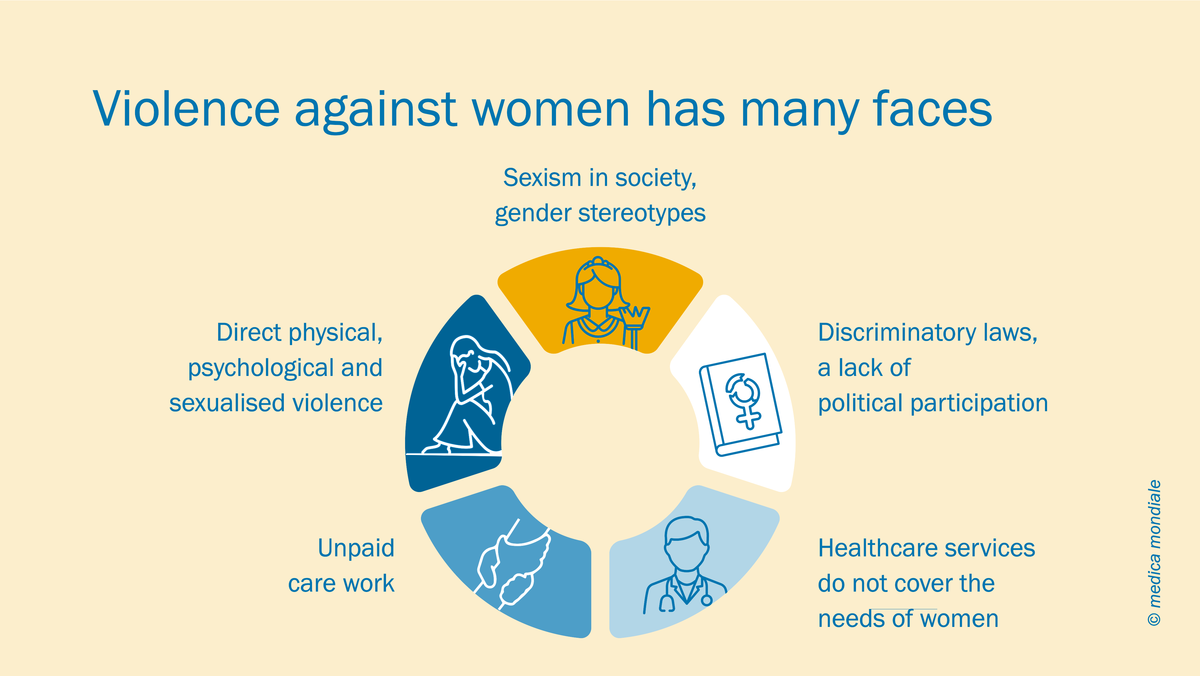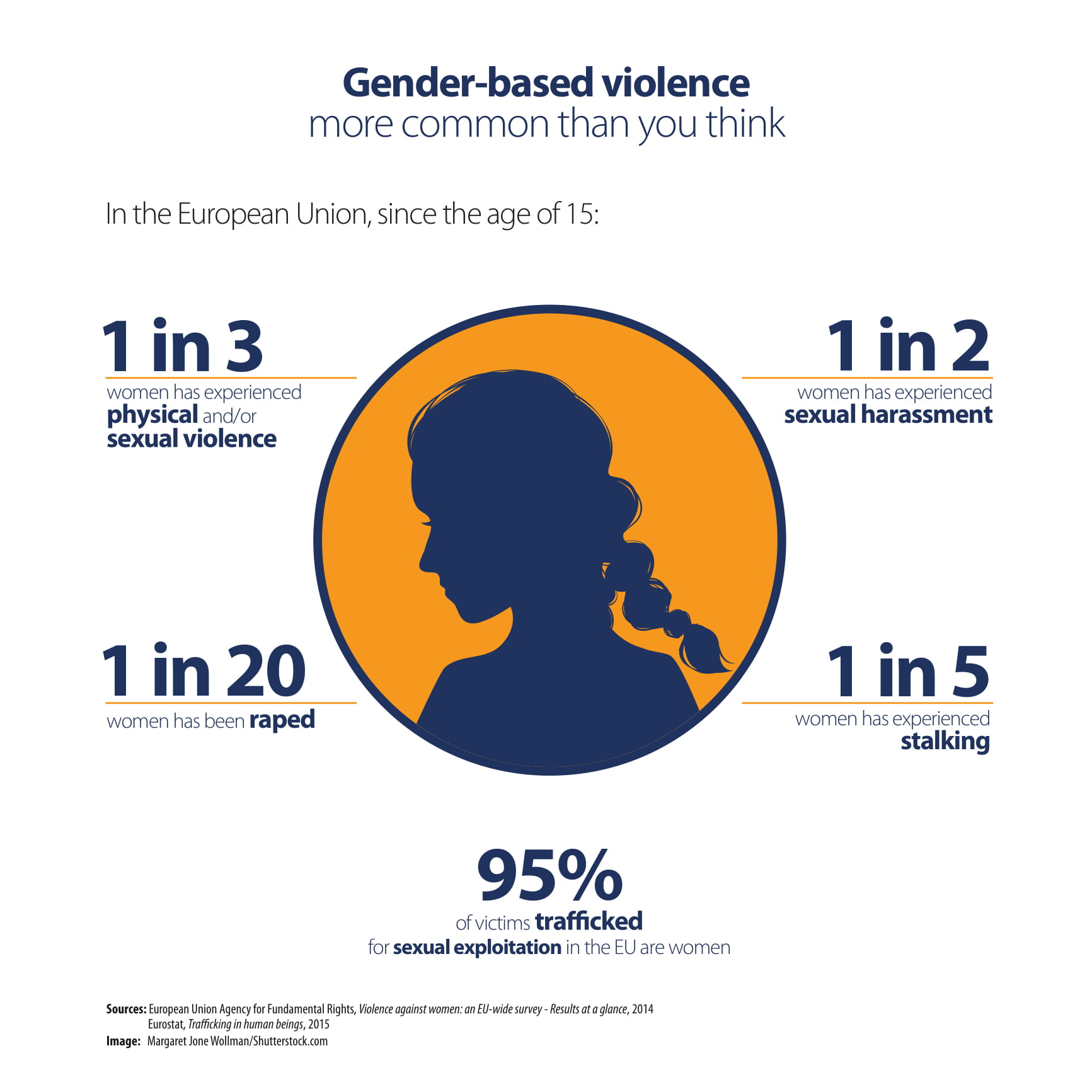Womens Mental Health, Sexual Assault, and Domestic Violence
Women’s mental health and sexual assault and domestic violence – Women’s mental health, sexual assault, and domestic violence are tragically intertwined. This devastating combination impacts millions, leaving lasting scars on mental well-being. Understanding the prevalence of mental health issues among survivors, the available support systems, and the systemic barriers to care is crucial for effective intervention and prevention. This exploration delves into the complex relationship between trauma and mental health, highlighting the need for comprehensive support and societal change.
We will examine the high correlation between experiencing sexual assault or domestic violence and developing conditions like PTSD, depression, and anxiety. We’ll also discuss the various types of therapy and support available to survivors, including trauma-focused CBT, EMDR, support groups, and medication. Importantly, we’ll address the significant barriers many women face in accessing these crucial services, such as financial constraints, cultural stigma, and lack of accessible resources.
Finally, we’ll explore preventative measures, community support systems, and the legal pathways available to survivors.
The Prevalence of Mental Health Issues Among Survivors of Sexual Assault and Domestic Violence
Sexual assault and domestic violence inflict profound and lasting trauma, significantly impacting survivors’ mental well-being. A substantial percentage of survivors develop various mental health conditions, highlighting the urgent need for comprehensive support and intervention.
Correlation Between Trauma and Mental Health Conditions
Studies consistently demonstrate a strong correlation between experiencing sexual assault or domestic violence and the development of mental health disorders. For instance, a significant portion of survivors experience Post-Traumatic Stress Disorder (PTSD), characterized by intrusive memories, flashbacks, avoidance behaviors, and heightened anxiety. Depression, marked by persistent sadness, loss of interest, and feelings of hopelessness, is also prevalent. Anxiety disorders, encompassing excessive worry, fear, and panic attacks, are another common consequence.
The exact percentages vary depending on the study and population sampled, but the overall picture paints a concerning reality: trauma significantly increases the risk of these conditions.
Long-Term Effects of Trauma on Mental Well-being
The impact of sexual assault and domestic violence extends far beyond the immediate aftermath. Untreated trauma can lead to chronic mental health challenges, affecting relationships, work productivity, and overall quality of life. Survivors may struggle with self-esteem issues, difficulties trusting others, and persistent feelings of fear and insecurity. The long-term effects can manifest in various ways, including substance abuse, self-harm, and difficulties forming healthy relationships.
Challenges Faced by Women from Diverse Backgrounds in Accessing Mental Healthcare
Access to mental healthcare is not equitable across all populations. Women from marginalized communities, including those from racial and ethnic minority groups, LGBTQ+ individuals, and those with disabilities, often face significant barriers in accessing appropriate and culturally sensitive care. These barriers can include lack of culturally competent providers, language barriers, financial constraints, and systemic discrimination within the healthcare system.
This disparity underscores the need for culturally sensitive and accessible mental health services that address the unique needs of diverse survivor populations.
Types of Mental Health Support Available for Survivors
Various evidence-based therapies and support systems are available to help survivors heal from the trauma of sexual assault and domestic violence. These interventions offer crucial pathways to recovery and improved mental well-being.
Effective Therapies for Trauma
Trauma-focused Cognitive Behavioral Therapy (CBT) helps survivors identify and challenge negative thought patterns and behaviors associated with trauma. Eye Movement Desensitization and Reprocessing (EMDR) is another effective therapy that uses bilateral stimulation to process traumatic memories. Other therapies such as prolonged exposure therapy and narrative therapy can also be beneficial.
Support Groups and Peer-to-Peer Networks
Connecting with others who have shared similar experiences can be incredibly powerful. Support groups provide a safe and validating space for survivors to share their stories, process their emotions, and learn coping mechanisms. Peer-to-peer networks offer a sense of community and shared understanding.
Role of Medication in Managing Co-occurring Mental Health Conditions
Medication can play a vital role in managing co-occurring mental health conditions, such as depression, anxiety, and PTSD, that often accompany trauma. A psychiatrist or other qualified healthcare professional can assess the need for medication and prescribe appropriate treatments.
Barriers to Accessing Mental Healthcare: Women’s Mental Health And Sexual Assault And Domestic Violence
Many systemic and individual barriers hinder survivors’ access to vital mental healthcare services, perpetuating cycles of trauma and suffering. Addressing these obstacles is critical for ensuring equitable access to care.
Systemic Barriers to Care
- Lack of affordable healthcare: The high cost of mental healthcare can be prohibitive for many survivors, especially those with limited financial resources.
- Cultural stigma: In some communities, mental illness carries a significant stigma, making it difficult for survivors to seek help.
- Language barriers: Language differences can create significant obstacles in accessing culturally appropriate care.
- Geographic limitations: Limited access to mental health professionals in rural or underserved areas further exacerbates the issue.
These barriers significantly impact a survivor’s ability to receive timely and effective treatment, potentially prolonging their suffering and hindering their recovery.
Narrative Example of Barriers Faced by Survivors
Imagine a young woman, Maria, who recently escaped an abusive relationship. She desperately needs mental health support but faces multiple barriers. Her limited income prevents her from affording private therapy. The nearest mental health clinic is far from her new home, requiring costly transportation. Furthermore, she feels ashamed to seek help due to the cultural stigma surrounding mental illness in her community.
Maria’s experience highlights the complex interplay of systemic and individual barriers that hinder access to care.
The Role of Support Systems and Community Resources
Strong support systems and readily available community resources are essential for survivors’ healing and recovery. These elements provide a safety net and facilitate access to crucial services.
Importance of Supportive Relationships
The presence of supportive family members and friends can make a significant difference in a survivor’s journey. A strong support network provides emotional comfort, practical assistance, and encouragement to seek professional help.
Role of Advocacy Organizations and Shelters
Advocacy organizations and shelters offer immediate safety, crisis intervention, and long-term support. They provide essential resources such as emergency housing, legal assistance, counseling, and referrals to other services.
Resource Guide for Women Seeking Help
Numerous organizations offer support for survivors of sexual assault and domestic violence. (Note: Specific contact information would be included here in a published article. This example omits contact details for brevity.) These resources vary from national hotlines to local support groups and shelters.
Promoting Prevention and Awareness

Preventing sexual assault and domestic violence requires a multifaceted approach, encompassing education, community engagement, and policy changes. Raising awareness and challenging harmful societal norms are crucial steps.
Strategies for Preventing Violence
Prevention efforts should focus on addressing the root causes of violence, such as gender inequality, harmful masculinity norms, and lack of education on consent and healthy relationships. These initiatives must engage communities, schools, and policymakers.
Educating the Public About Consent and Healthy Relationships
Comprehensive education programs are crucial in promoting healthy relationships and preventing violence. These programs should focus on teaching consent, healthy communication, and respect for boundaries.
Public Awareness Campaign Concept
A public awareness campaign could utilize impactful imagery and storytelling to highlight the prevalence of sexual assault and domestic violence and challenge harmful stereotypes. The campaign could also emphasize the availability of support services and resources.
Significance of Bystander Intervention Training
Bystander intervention training empowers individuals to safely intervene when they witness potentially harmful situations. This training provides individuals with the skills and confidence to interrupt abusive behavior and support survivors.
Legal and Judicial Processes for Survivors

Navigating the legal system can be a complex and challenging process for survivors of sexual assault and domestic violence. Understanding legal options and receiving appropriate support are crucial.
Legal Options Available to Survivors
Survivors have various legal options, including reporting the assault or violence to law enforcement, seeking restraining orders, and filing civil lawsuits. Legal assistance is often available through advocacy organizations.
Mental health is a huge concern, especially within families. The Yale Center on Policy Innovation for Family Mental Health is doing important work in this area, focusing on policy changes to improve access to care. This is crucial, because strong family support is vital for recovery. However, mental health challenges aren’t limited to the home; the workplace can also be a significant source of stress, as highlighted in the workplace bullying N.D.
workplace mental health manual for nurse managers , which offers valuable insights for improving the mental well-being of healthcare professionals.
Challenges Faced by Survivors in the Legal System
Survivors often face significant challenges in the legal system, including long delays, retraumatization during cross-examination, and feelings of being dismissed or disbelieved.
Importance of Support Throughout the Legal Process, Women’s mental health and sexual assault and domestic violence
Providing comprehensive support to survivors throughout the legal process is critical. This support includes legal representation, emotional counseling, and advocacy to ensure their voices are heard and their rights are protected.
The Impact of Societal Attitudes and Cultural Norms
Societal attitudes and cultural norms significantly influence the prevalence of sexual assault and domestic violence and the willingness of survivors to seek help. Addressing these factors is essential for creating a safer and more supportive environment.
Contribution of Societal Attitudes to Underreporting
Harmful societal attitudes, such as victim-blaming and minimizing the severity of violence, contribute to the significant underreporting of sexual assault and domestic violence. These attitudes create a climate of silence and fear, preventing survivors from coming forward.
Supporting mental health is crucial, especially within families. The Yale Center on Policy Innovation for Family Mental Health offers valuable resources on this front. However, mental health challenges aren’t limited to the home; they extend to the workplace, too. For nurse managers dealing with the difficult issue of workplace bullying and its impact on mental health , there are specific guidelines and support available to help create a healthier work environment for everyone.
Harmful Stereotypes and Misconceptions
Common misconceptions, such as the belief that only certain types of people experience violence or that survivors should “just get over it,” hinder support for survivors and perpetuate harmful stereotypes.
Changing Attitudes to Improve the Lives of Survivors
Changing these attitudes requires a broad societal shift, involving education, public awareness campaigns, and challenging harmful norms through media representation and community dialogue. Creating a culture of respect, consent, and accountability is vital.
Personal Stories and Testimonials
(Note: This section would include anonymized personal accounts illustrating the challenges and triumphs of women recovering from trauma. Due to ethical considerations and the need for anonymity, specific details are omitted in this example. The focus is on the overarching message of resilience and healing.)
Many survivors have shared powerful stories of resilience, highlighting their strength, courage, and ability to heal. These narratives underscore the importance of support, access to resources, and the power of community in overcoming trauma.
The connection between women’s mental health and experiences of sexual assault and domestic violence is undeniable. Addressing this complex issue requires a multi-pronged approach: improving access to mental healthcare, dismantling societal barriers and harmful stigmas, and promoting prevention through education and community engagement. By fostering a culture of support, understanding, and accountability, we can empower survivors to heal and create a safer future for all women.
The journey to recovery is possible, and with the right resources and support, healing and resilience are attainable.
Share this content:
